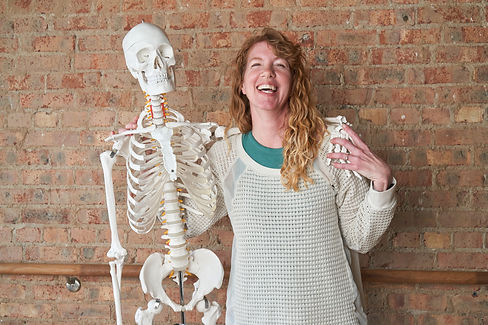Yoga Therapy
Yoga originated as a practice to ease suffering, and yoga therapy evolved in response to the western approach to yoga as an exercise modality.
Yoga therapy starts with connection, meeting you where you are. Through turning inward and listening deeply, slowly our perspective and experience of suffering can shift towards well-being and purpose/meaning.
As a part of integrated health care, yoga therapy helps with a wide range of diagnoses. From injury, complex and persistent pain to anxiety, trauma or recovering from illness or cancer treatment, yoga therapy walks alongside medical treatment as a scaffolding to provide resilience and a sense of calm and well being.
Yoga therapy is regulated, but currently an unlicensed practice, often not covered by insurance. The International Association of Yoga Therapy certifies yoga therapists who have + 800 hours of specific therapeutic and holistic, condition-based education beyond yoga teacher certification. I was certified in as a C-IAYT in 2018.
What to Expect
-
Yoga therapy begins with a whole-being assessment including physical, breath, energetic, emotional, mental, and spiritual aspects. The first session includes a compassionate inquiry, listening to your story and learning about your symptoms, lifestyle and goals.
-
We will typically explore breath with subtle movements, led by what feels comfortable to you.
-
Mindfulness and relaxation practices cultivating a sense of well-being will be co-created to suit your needs.
-
Additional yoga tools may be included inspired by your unique goals.
-
Working with the concept of interconnectedness, as we shift even just one thing, everything else will shift as well.



Simple Daily Practices
-
Yoga does not have to entail a 60+ minute practice. Just a few slow breaths several times a day will make noticeable & lasting changes in your life.
-
We will work together to determine easily achievable, concrete daily practices.
-
Awareness of your state of being and witnessing habitual responses is a big first step, and sometimes all that is needed.
-
You will feel self-empowered with tools that are not only effective, but have incremental effects when practiced regularly.

